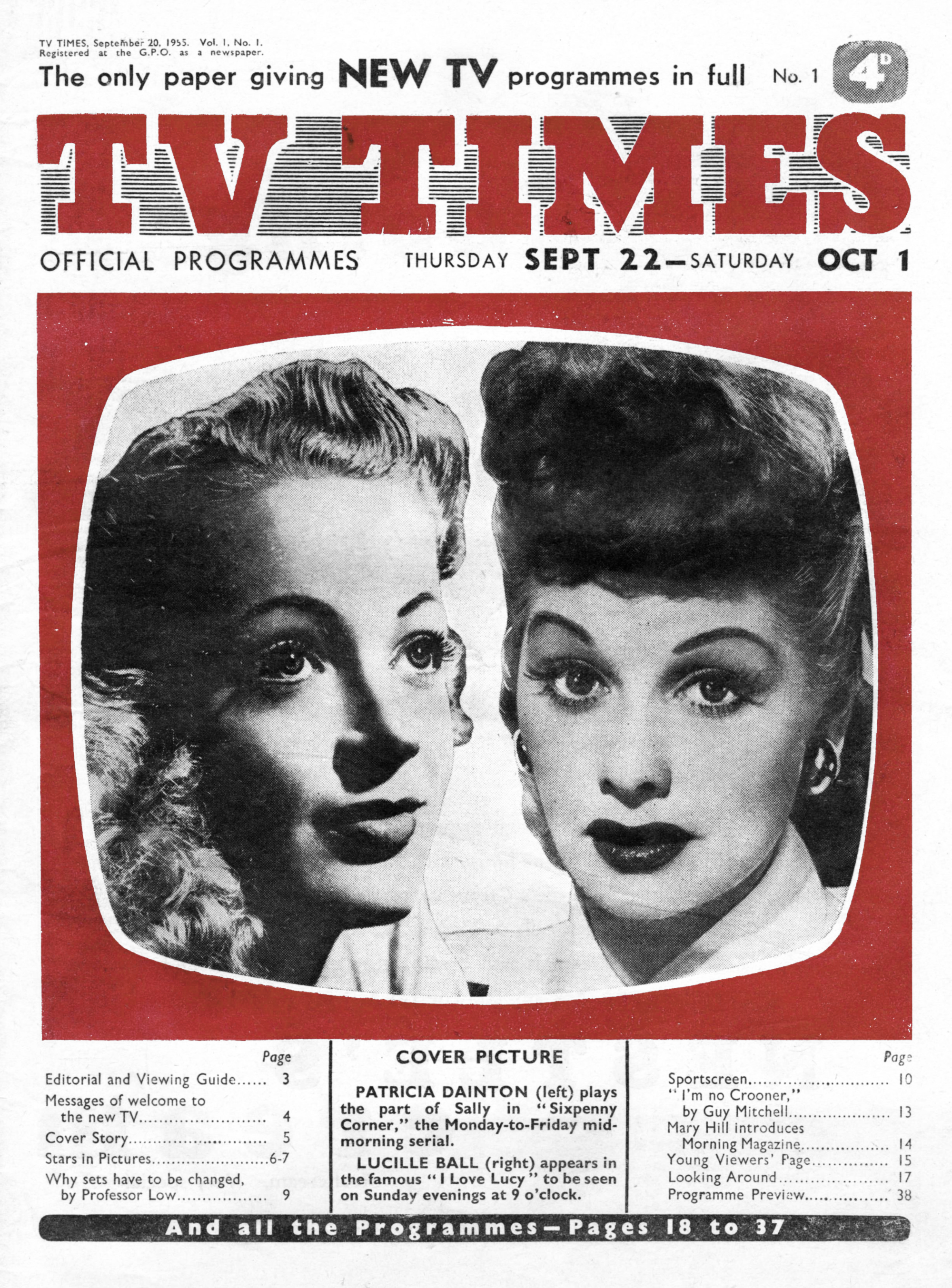From the souvenir programme given to attendees at the Guildhall on 22 September 1955
ASSOCIATED-REDIFFUSION LTD. is the result of the conjunction of two major enterprises in different fields of our national life: Broadcast Relay Service Ltd., with a long and valuable experience in sound broadcasting at home, in the Dominions and in the Colonies, whose Chairman and Managing Director, Mr. John Spencer Wills, M.Inst.T., is Chairman of the new company; and Associated Newspapers Ltd., who have built and maintained an unrivalled pioneering tradition in newspapers, whose Managing Director, Mr. Stuart McClean, is Deputy Chairman.
Our General Manager is Captain T. M. Brownrigg, C.B.E., D.S.O., R.N. (retd.), who after a gallant and distinguished career as a naval officer, was the first general manager of the New Town of Bracknell in Berkshire, where he achieved a notable success in creating good relations between the local community and the newcomers.
Our controller of programmes and production is Mr. Roland Gillett, an Englishman who, after sixteen years in films both in Britain and in Hollywood and wartime service in the Fleet Air Arm, became one of the leading television producers in the United States.
On foundations which we know to be sure we are launching what we believe to be a pioneering enterprise. Ours is a venture which all concerned enter with zest, with pride in having so magnificent a chance, and with faith in our own capacity to create and sustain—in an entirely new field—a public service which will be second to none.
We are neither timorous nor apologetic about what we are undertaking from to-night onwards. We believe — with all the vigour and seriousness we possess — in the new policy which Parliament has approved, which we to-night have the honour to initiate.
We believe that television can and will prove to be one of the most significant and exciting developments in human communication — in education, in entertainment and in the visual arts — since the invention of printing.
Believing as we do in the principles of competition and free enterprise, it is by the methods of competition and free enterprise that we intend to develop Britain’s new television service. We have neither the need nor the desire to imitate television in other countries; and, in that spirit of rivalry which has been the breath and stimulus of life in Britain for centuries, we welcome competition and we shall strive, in everything we undertake, to give a far better service than our competitors.
That, in simple terms, is our task and our aim. “You can never plan the future by the past,” said Edmund Burke. We know that we are facing the challenge of a new age. We know that we must adventure and explore. Television means the act of far-seeing. We shall try to create our contribution to to-morrow, we shall try to build to-day’s bright window into the future, with to-morrow’s methods and technique, and with to-morrow’s aspirations, dreams, hopes and ideals. In the homes and by the hearths of to-day, with new vision founded on our traditional national values and faith, we shall strive to serve the Britain of to-morrow.







